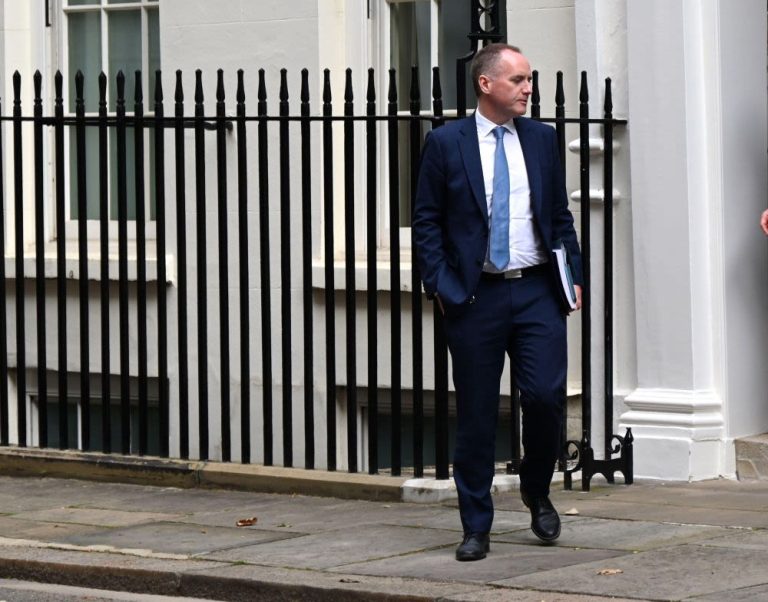
Warning of a 2008-Style Financial Meltdown in Higher Education
Jo Grady, general secretary of the University and College Union (UCU), has issued a stark warning: the UK’s higher education sector stands on the brink of a financial crisis of the same scale as the 2008 global banking collapse. Speaking at the union’s annual conference, Grady accused ministers of being “asleep at the wheel,” underestimating the mounting pressures facing universities and colleges nationwide.
Parallels with the 2008 Crash
The 2008 financial crisis was triggered by widespread mortgage defaults, leading to banking failures and government bailouts. Grady drew a direct comparison to today’s university landscape, where a combination of frozen tuition fees, rising operating costs, and dips in international student enrolments threaten institutional solvency. In her address, she argued that the sector has faced a series of “slow-burn shocks” that mirror the systemic risks bankers failed to address before 2008.
Key Drivers of the Looming Crisis
- Tuition Fee Cap: With the undergraduate fee cap fixed at £9,250 since 2017, income growth has stalled for many universities, while global competitors have raised fees to invest in facilities and research.
- Inflation and Energy Costs: Surging inflation, exacerbated by higher energy bills and wage demands, has inflated operating budgets. Many institutions struggle to balance pay negotiations with academic staff against tightening budgets.
- Decline in International Enrolments: Post-Brexit visa restrictions and global competition have reduced the number of overseas students – a crucial source of premium income – leading to significant revenue shortfalls.
- Pension Deficits: Mounting employer contributions to lecturers’ pensions have diverted funds from teaching and research, placing additional strain on finance officers.
Impact on Universities and Students
Across the sector, signs of distress are already emerging:
- Course Closures: Smaller or specialised degree programmes face cuts as universities streamline offerings to focus on core revenue-generating courses.
- Staff Redundancies: Departments have reported job losses, with early-career researchers and administrative staff most at risk.
- Maintenance Backlogs: Deferred building repairs and IT upgrades have compromised the student experience, leading to lower satisfaction rates and poorer league table performance.
- Increased Fees for Postgraduates: To offset budget gaps, some institutions plan fee hikes for master’s and doctoral programmes, threatening access for lower-income and international candidates.
Government’s Response Under Scrutiny
Despite repeated appeals from vice-chancellors and the UCU, the UK government has yet to unveil a comprehensive rescue package. Recent statements from the Department for Education have focused on modest research grants and pilots to boost postgraduate numbers, but union leaders argue these measures fall far short of addressing structural deficits.
Grady accused ministers of complacency, warning that delaying meaningful intervention will force universities into severe austerity measures. Without additional funding or a review of the fee cap, many institutions could exhaust their reserve funds within the next academic year.
Possible Remedies and Next Steps
As the autumn budget approaches, the UCU is lobbying for:
- Fee Cap Review: An urgent increase in the undergraduate fee cap, indexed to inflation, to restore real-terms income growth.
- Targeted Grants: Emergency funding to cover rising energy and pension costs, preventing further cuts to academic staff.
- Visa Reform: Simplified immigration rules to attract and retain international students, crucial for long-term financial health.
- Regulatory Flexibility: Greater autonomy for institutions to diversify revenue streams, including partnerships and commercial ventures.
Grady emphasized that only by taking “swift and decisive action” can the government avert a sector-wide collapse, protecting not only universities but the wider UK economy, which relies on graduates and world-class research.





